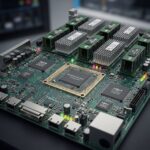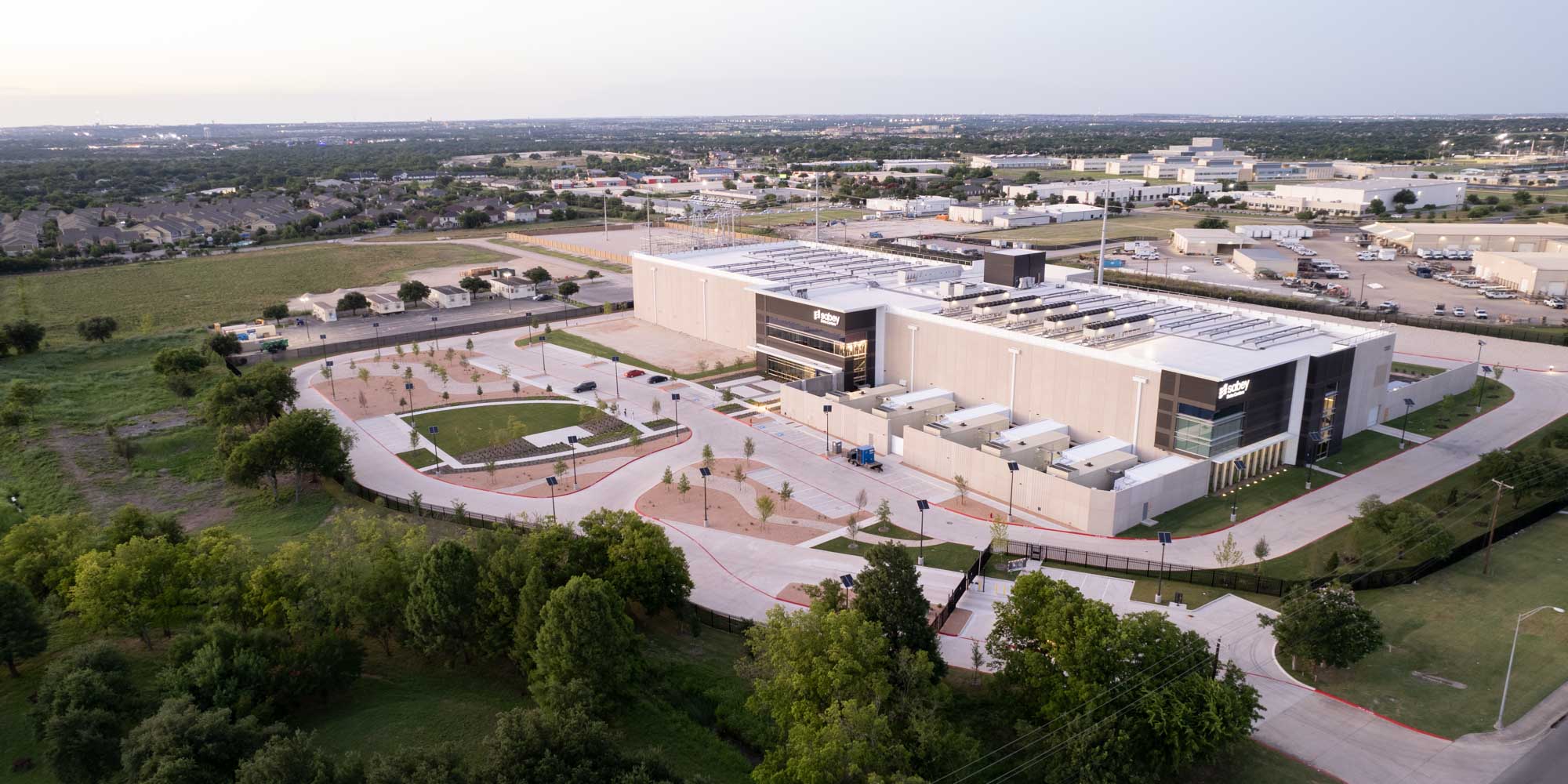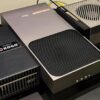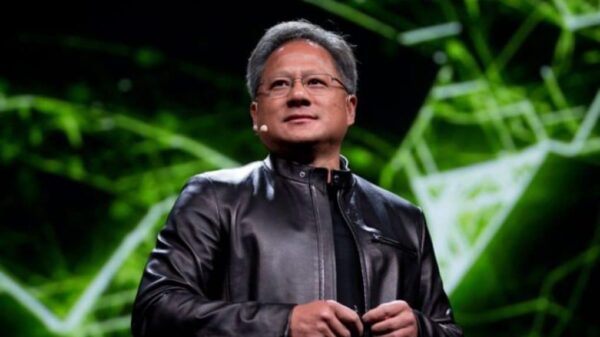In a significant advancement for artificial intelligence research, the University of Texas at Austin (UT) is set to enhance its leadership in academic computing with the acquisition of high-performance Dell PowerEdge servers and cutting-edge NVIDIA AI infrastructure. This infrastructure is powered by over 4,000 of NVIDIA’s Blackwell architecture GPUs, recognized as the most powerful graphics processing units currently available.
This new computing power represents a transformative leap for UT, expanding its research capabilities in agentic and generative AI. The installation of NVIDIA GB200 systems and NVIDIA Vera CPU servers will occur as part of Horizon, anticipated to be the nation’s largest academic supercomputer, which is set to go online next year at the Texas Advanced Computing Center (TACC). The project is supported by the National Science Foundation (NSF), under its Leadership Class Computing Facility program, aimed at revolutionizing computational research in the U.S.
With this latest infrastructure, UT solidifies its position as the holder of the most substantial AI computing power in academia, boasting more than 5,000 advanced NVIDIA GPUs across its research facilities. This capabilities enable the production of open-source large language models (LLMs) that can match outputs from any other public institution. Open-source computing supports research that aligns with public interests, allowing for innovations that can profoundly impact sectors such as health care, drug development, materials science, and national security.
“As a leading public flagship university, our greatest responsibility is to benefit society and support our state and nation through our teaching and research activities,”
said Jim Davis, President of UT. He emphasized that the combination of computing power, facilities, and research expertise positions the university at the forefront of life-changing discoveries, further enhancing the country’s economic and national security. Recently, the Texas Legislature appropriated $20 million to assist in funding the AI infrastructure.
UT’s advancements in AI align with emerging technology priorities outlined by the White House Office of Management and Budget, which include sectors such as artificial intelligence, quantum information, semiconductors, and advanced manufacturing. Horizon, when operational, will be ten times more powerful than Frontera, the current leading academic supercomputer also managed by TACC.
“Our work with Dell Technologies and NVIDIA gives Horizon groundbreaking capabilities, particularly in the use of AI for scientific innovation,”
stated Dan Stanzione, Director of TACC and Associate Vice President for Research at UT. He noted that previous systems have supported over 100,000 students and researchers, leading to discoveries that range from enhancements in building codes to critical hurricane resilience research. Horizon is expected to continue this legacy of impactful research.
Significantly, over 1,000 of the advanced GPUs will be allocated to UT’s Center for Generative AI, aimed at supporting faculty and student projects that require substantial computational resources. This upgrade will nearly double the center’s capability, ensuring unparalleled access to state-of-the-art computing power for UT researchers.
“This is a next-level system designed for large-scale generative AI and computing that is an important first for a university campus,”
noted Adam Klivans, a professor in computer science at UT and director of the NSF Institute for Foundations of Machine Learning. The center’s GPU cluster positions UT among the few institutions where large models can be trained and released publicly, which is crucial for ensuring trustworthy and interpretable outcomes.
The collaboration with NVIDIA is pivotal, as Ian Buck, Vice President of NVIDIA’s Hyperscale and High-Performance Computing Business, emphasized the transformative scale Horizon will bring to AI-driven research. He explained that this system will enable researchers to model complex phenomena such as climate change, enhance biomedical discoveries, and push the boundaries of scientific understanding.
Arun Narayanan, Senior Vice President at Dell Technologies, highlighted the long-standing partnership with TACC, expressing commitment to advancing research frontiers. He noted that equipping institutions like TACC with cutting-edge infrastructure empowers the next generation of researchers to tackle pressing societal challenges from the heart of Texas.
The collaboration is set to continue as Horizon is constructed in partnership with the NSF, Dell Technologies, NVIDIA, and Sabey Data Centers in Round Rock, Texas, promising exciting developments for the AI research community.
See also Google Launches First AI Lab in Mexico’s Puebla, Set to Open January 2026
Google Launches First AI Lab in Mexico’s Puebla, Set to Open January 2026 AI Hardware Accelerators Achieve 10x Efficiency Boost, Transforming DNN Workloads
AI Hardware Accelerators Achieve 10x Efficiency Boost, Transforming DNN Workloads New Zealand Authors Disqualified for AI-Created Book Covers at Ockham Awards
New Zealand Authors Disqualified for AI-Created Book Covers at Ockham Awards OpenAI’s Fidji Simo Reveals Strategies to Transform ChatGPT into $10B Powerhouse
OpenAI’s Fidji Simo Reveals Strategies to Transform ChatGPT into $10B Powerhouse Maryland Police Criticize AI Weapon Detection Software Omnilert’s Effectiveness Amid Safety Concerns
Maryland Police Criticize AI Weapon Detection Software Omnilert’s Effectiveness Amid Safety Concerns






































































